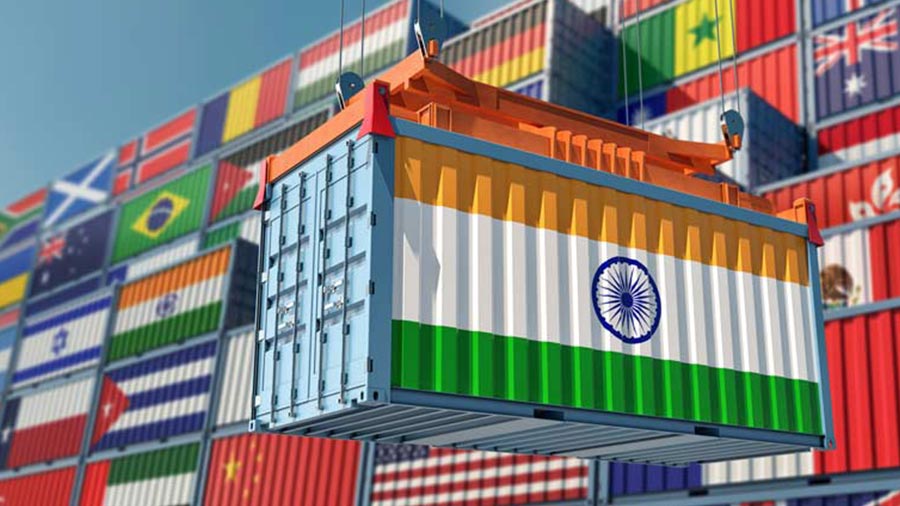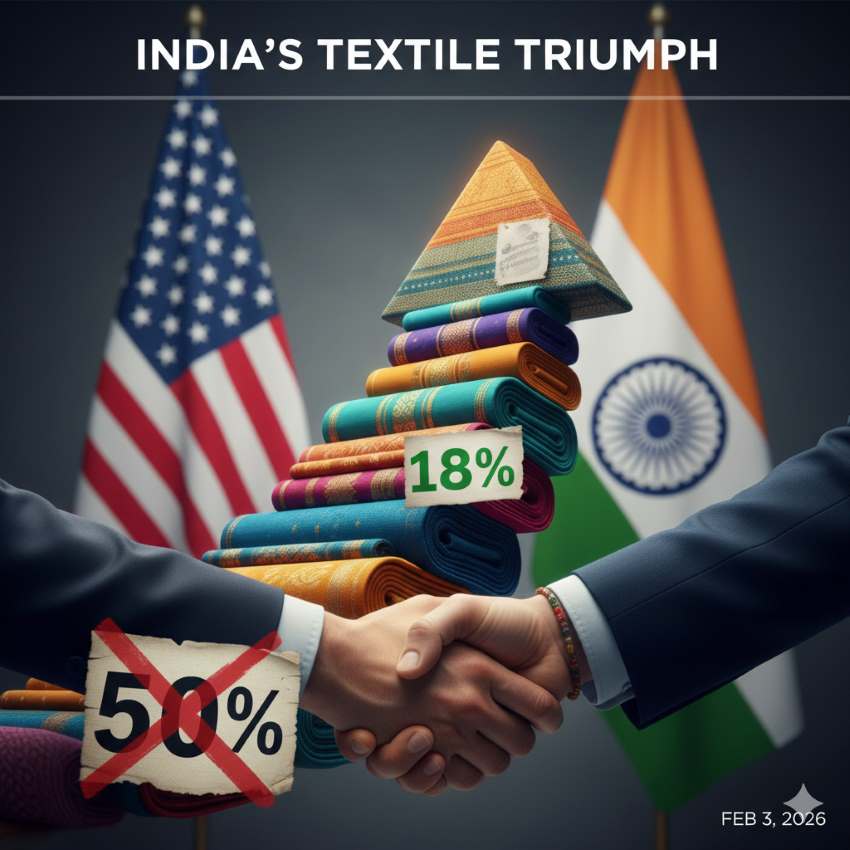
Popular fast fashion giant Shein is a global phenomenon however, it is facing a wave of challenges that threaten its breakneck growth. Indeed, these challenges are a hurdle to its growth but help is in hand in the form of Chinese government which helping it to navigate the challenges.
The road full of challenges
Sustainability concerns: Shein has been criticized for its environmental impact. France is proposing a ban on fast-fashion advertising, potentially including influencer marketing, and fines for companies based on their environmental footprint. The EU's Digital Services Act (DSA) will require Shein to tackle illegal and harmful content, potentially including misleading environmental claims. This is a significant blow as France is a major fashion hub. The legislation aims to curb excessive consumption and highlight the environmental impact of the industry. Shein has been criticized for its use of unsustainable materials and high production volume. This contributes to pollution and textile waste.
Regulation: The aforementioned French proposal and the DSA highlight a growing trend of governments regulating fast fashion. This could increase Shein's compliance costs and limit its marketing strategies. The EU's Digital Services Act (DSA) classifies Shein as a ‘Very Large Online Platform’ subjecting it to stricter content moderation rules. This could impact the way Shein markets its products and potentially limit the spread of misinformation.
De Minimis Exception Scrutiny: The de minimis rule allows parcels under $800 to enter the US duty-free. This rule is being questioned as it allows Shein to offer lower prices, potentially harming American businesses and bypassing regulations. A repeal of the rule could significantly impact Shein's US sales.
Growing competition: Other Chinese e-commerce giants like Temu are competing fiercely with Shein. This competition could put pressure on Shein's pricing and force them to innovate.
Shein and China’s response
While details are limited, Shein might be shifting its focus to transparency and eco-friendly practices to comply with regulations and changing consumer preferences. While there's no official statement on the French ban, but China, a major player in fast fashion, is likely to push back against such regulations. Shein may need to invest in more sustainable practices like using recycled materials or offering repair services. Shein will also need to increase its content moderation efforts to comply with the DSA.
Meanwhile, Chinese government too is doing its bit. China is actively promoting its e-commerce sector globally. This can help Shein and other Chinese brands expand their reach. China may challenge regulations like the French ban or the DSA, arguing they hinder fair trade. China is also revamping its e-commerce infrastructure to maintain fast delivery times despite potential changes to the de minimis rule. Shein's strategic location in South China's garment manufacturing hub helps with this goal. Perhaps what works for Shein is its online-only model and focus on digital platforms that allow for quick decision-making and adaptation to changing regulations and consumer demands.
However, the bottomline is Shein's future success depends on its ability to adapt to a changing landscape. Sustainability efforts, navigating regulations, and potentially adjusting pricing strategies will all be crucial factors. China, meanwhile, is working on streamlining e-commerce logistics to support its fast-fashion giants.












